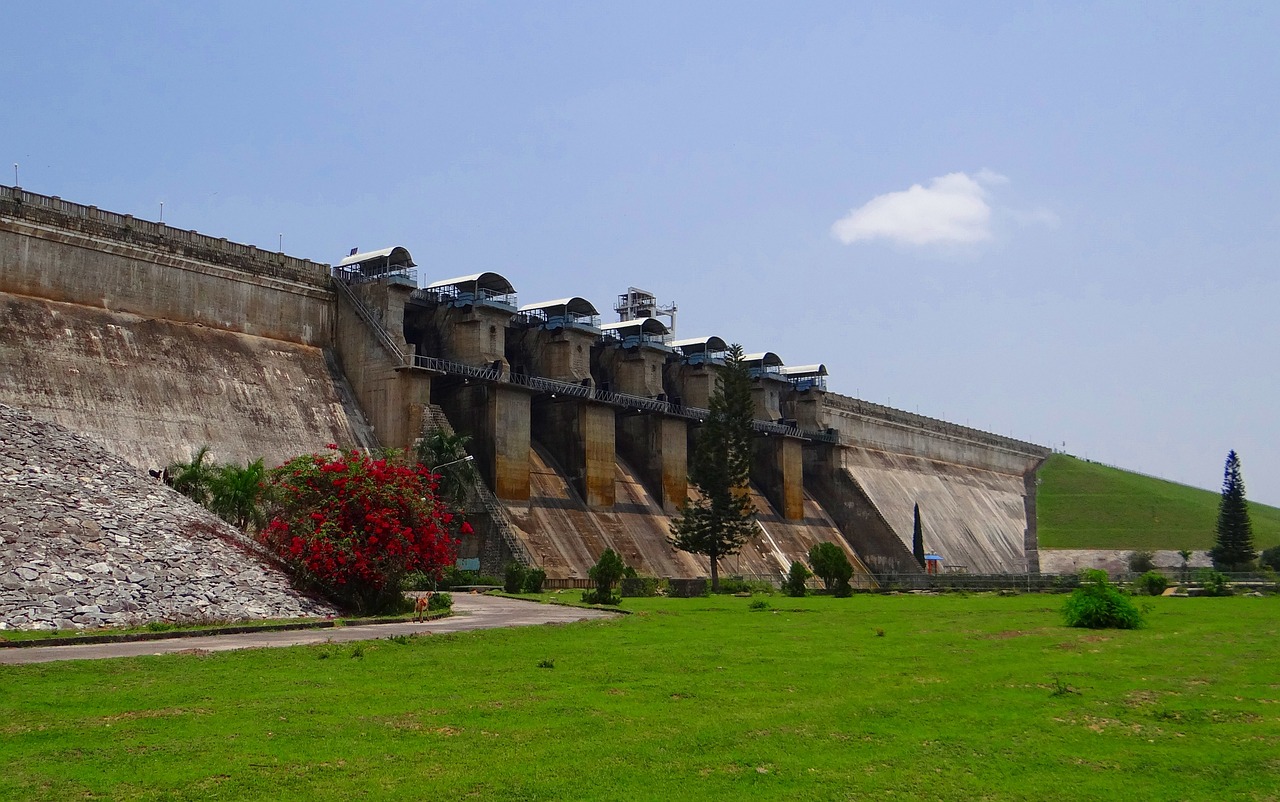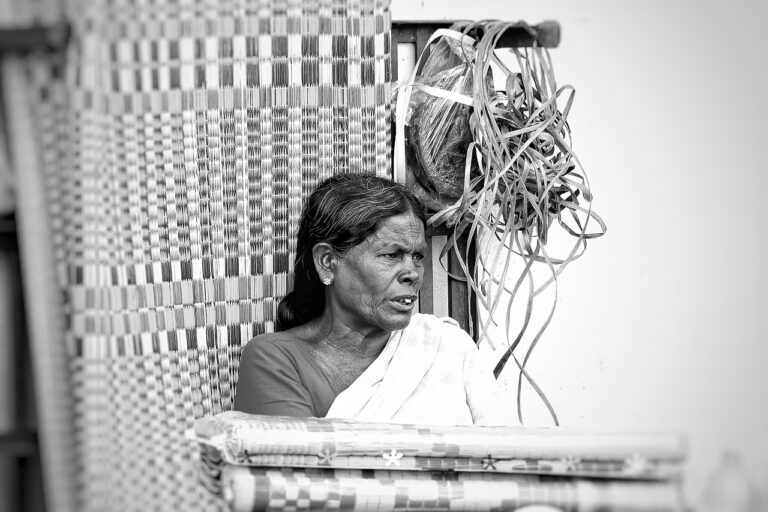Disinformation and Fake News in Election Campaigns: 11xplay online id login, India24bet login, Skyinplay
11xplay online id login, india24bet login, skyinplay: Disinformation and Fake News in Election Campaigns
In recent years, the phenomenon of disinformation and fake news has become increasingly prevalent, especially in the context of election campaigns. From spreading false information about candidates to manipulating public opinion, these tactics have the potential to sway election outcomes and undermine the democratic process.
The proliferation of social media platforms has only exacerbated the spread of disinformation during election campaigns. With the click of a button, false information can be shared thousands of times, reaching a wide audience in a matter of seconds. This ease of dissemination makes it difficult for voters to discern truth from fiction, leading to confusion and distrust in the electoral process.
Politicians and their supporters often use disinformation as a means to discredit their opponents and gain a competitive advantage. By spreading rumors and false narratives, they can damage the reputation of their rivals and influence public perception. This unethical tactic not only distorts the truth but also erodes trust in political institutions.
Fake news is not only harmful to the candidates involved but also to the democratic process as a whole. When voters are fed false information, their ability to make informed decisions is compromised, ultimately undermining the integrity of elections. In a society where free and fair elections are the cornerstone of democracy, the spread of disinformation poses a serious threat to the stability of the political system.
To combat the spread of disinformation and fake news during election campaigns, it is essential for voters to be vigilant and discerning consumers of information. Fact-checking sources, verifying information before sharing it, and being critical of sensationalist headlines are important steps in combating the spread of fake news. Additionally, social media platforms and news outlets must take responsibility for curating accurate and reliable information for their audiences.
Ultimately, the responsibility lies with both politicians and the public to uphold the integrity of the electoral process. By holding politicians accountable for their actions and demanding transparency in political communication, we can work towards a more fair and democratic election environment.
FAQs
Q: How can voters protect themselves from falling victim to fake news during election campaigns?
A: Voters can protect themselves by fact-checking sources, verifying information before sharing it, and being critical of sensationalist headlines.
Q: What role do social media platforms play in the spread of fake news during election campaigns?
A: Social media platforms have greatly facilitated the spread of fake news by allowing false information to be shared quickly and widely.
Q: What can politicians do to combat the spread of disinformation during election campaigns?
A: Politicians can combat the spread of disinformation by being transparent in their communication, refraining from spreading false information about their opponents, and holding themselves accountable for their actions.







